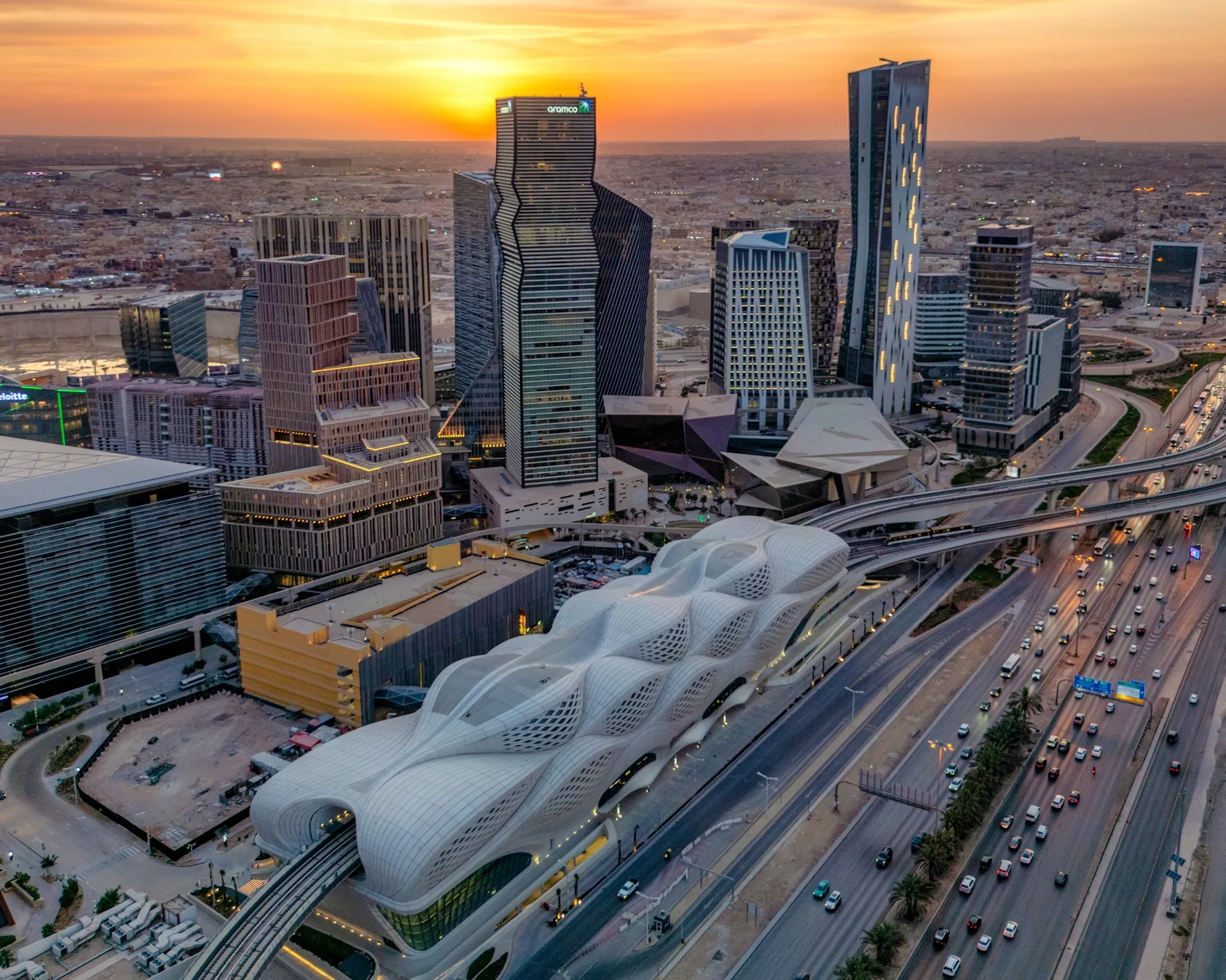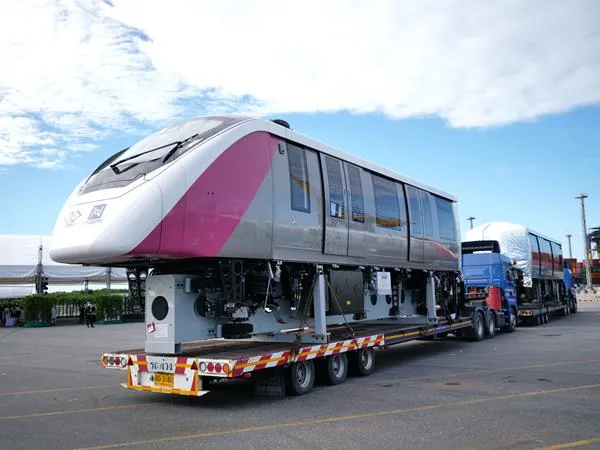
Riyadh Metro, a driverless mass transit system, will open to the public on 1 December.
Riders will be able to use three lines of the network, which will soon rise to six lines in the Saudi Arabian capital.
The Blue line (Line 1), Yellow (Line 4) and Purple (Line 6) are the first to open; then comes the Red line (Line 2) and Green (Line 5) on 15 December; and finally the Orange line (Line 3) on 5 January 2025.
The 176km network is designed to accommodate up to 3.6 million passengers daily at full capacity, with 85 stations, including four 'iconic main' stations: King Abdullah Financial District (KAFD), STC, Qasr Al Hokm, and Western Station.
Riyadh Metro is a key component of Riyadh Public Transport (RPT), which also includes buses - including bus rapid transit and bus on demand - as well as park and ride facilities.
It will "significantly bolster urban mobility and the services and logistics sector in Riyadh", according to the Royal Commission for Riyadh City (RCRC).
This investment in infrastructure and mobility is part of the Saudi Vision 2030, strengthening the city’s readiness for hosting major events.
"The network is in line with Riyadh’s economic, social, environmental and urban development objectives, and represents a historic milestone in the capital’s transportation sector," says H.E. Ibrahim bin Mohammed Al Sultan, minister of state, member of the Council of Ministers, and CEO of RCRC.
“Today, Riyadh City is reaping the benefits of this project that will reshape the capital’s image and redefine mobility for its residents and visitors."









